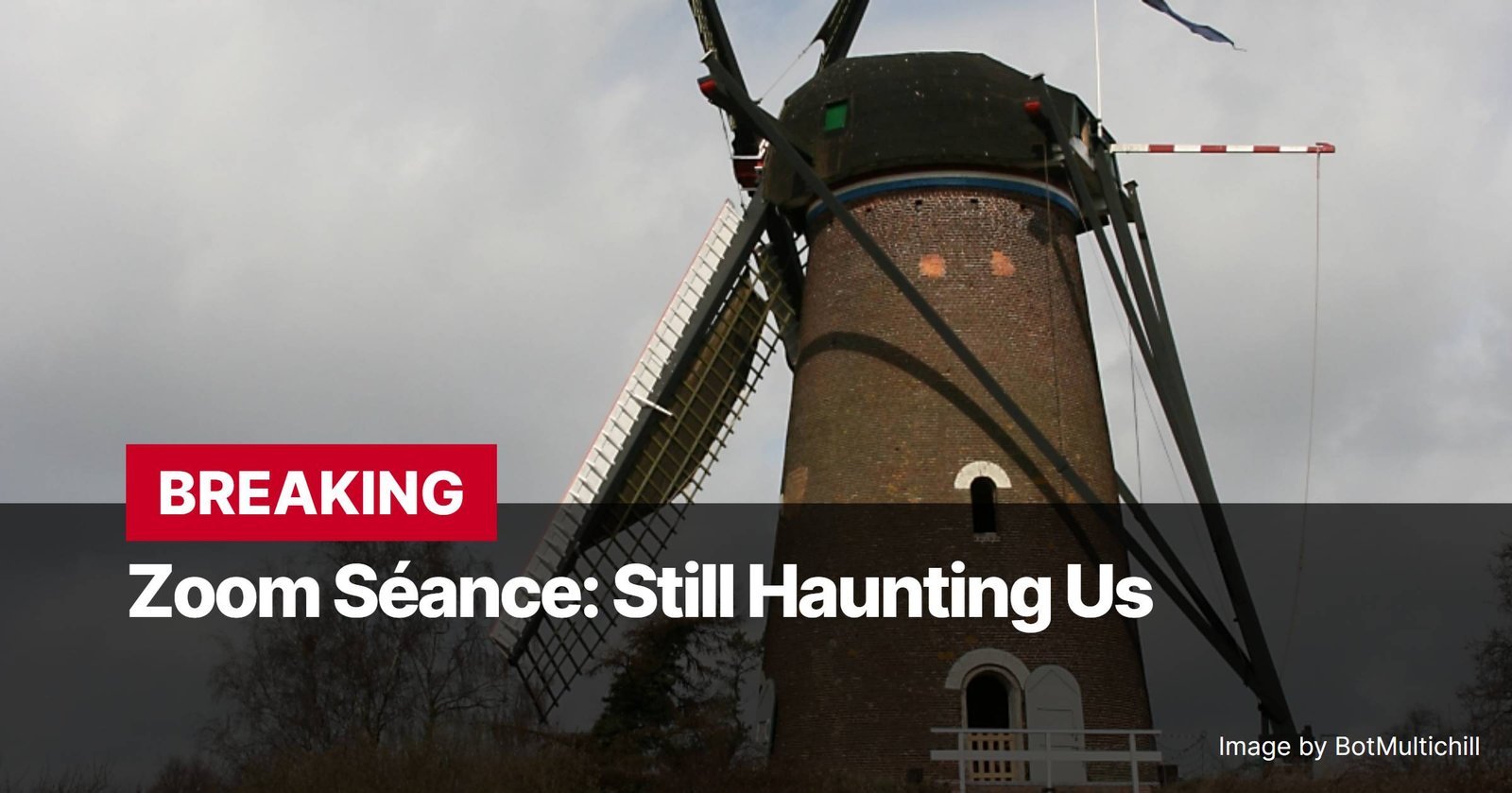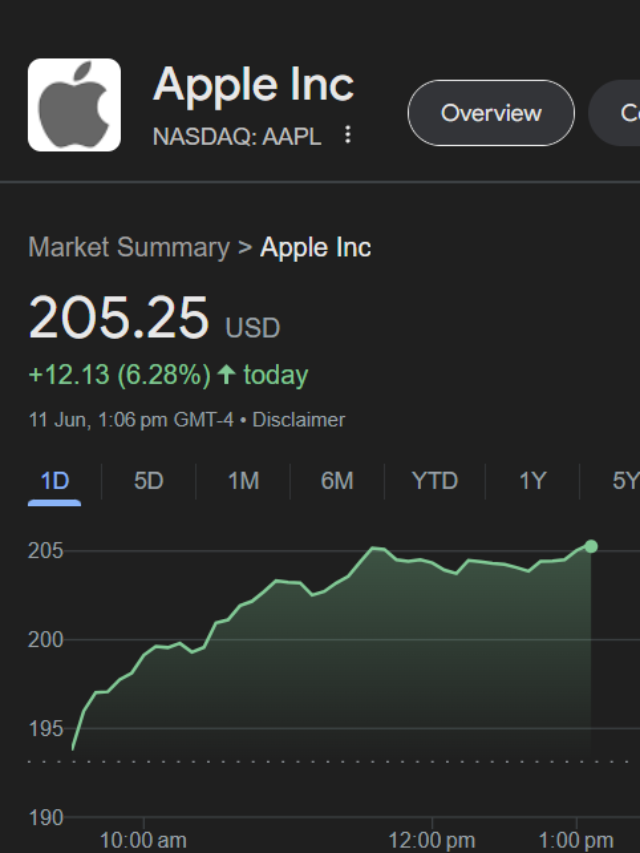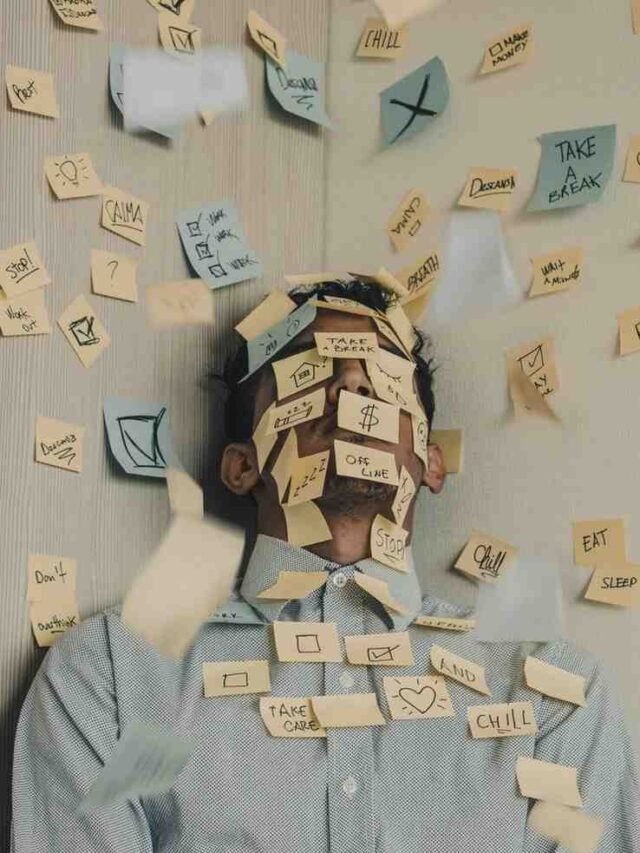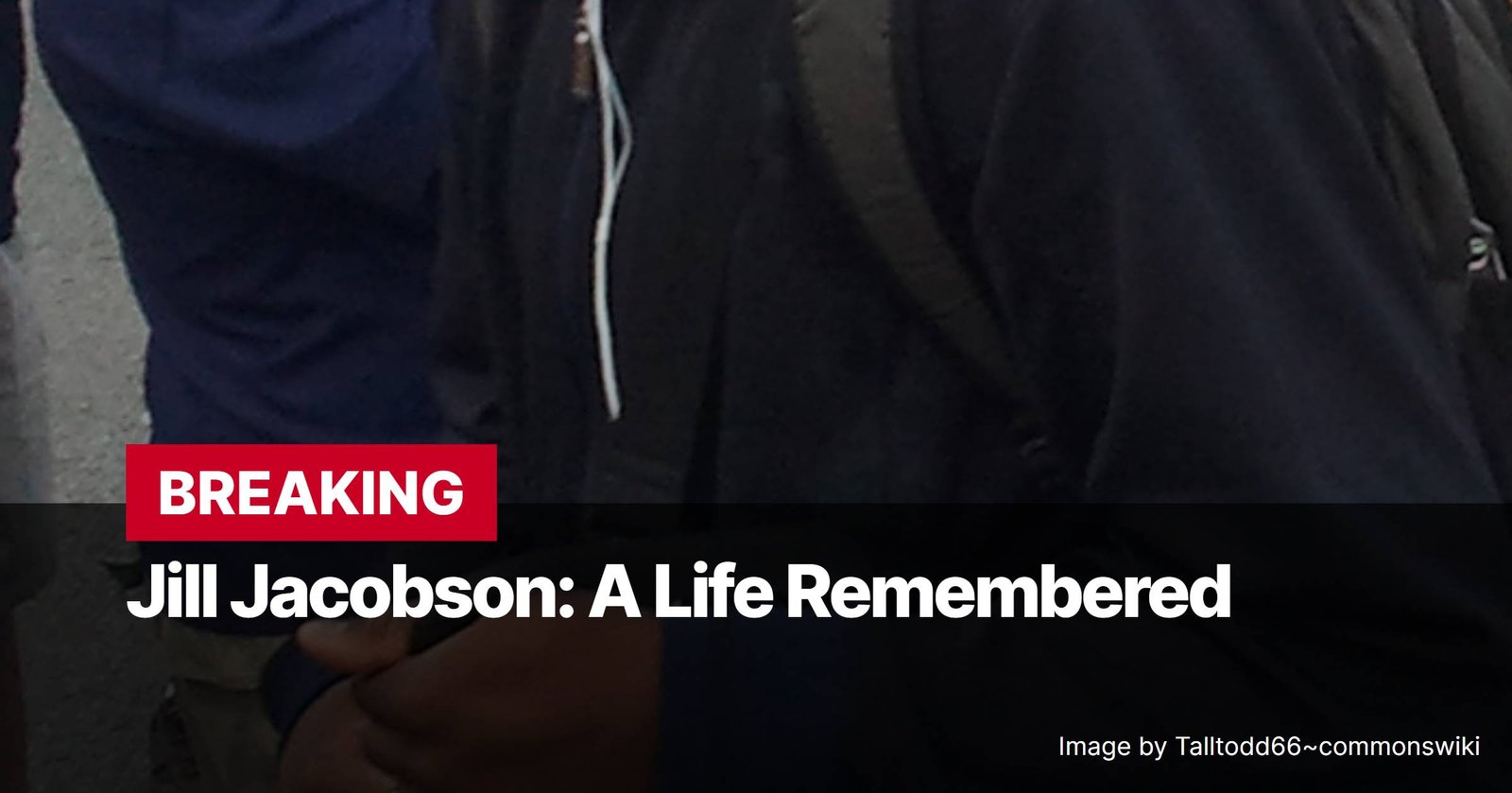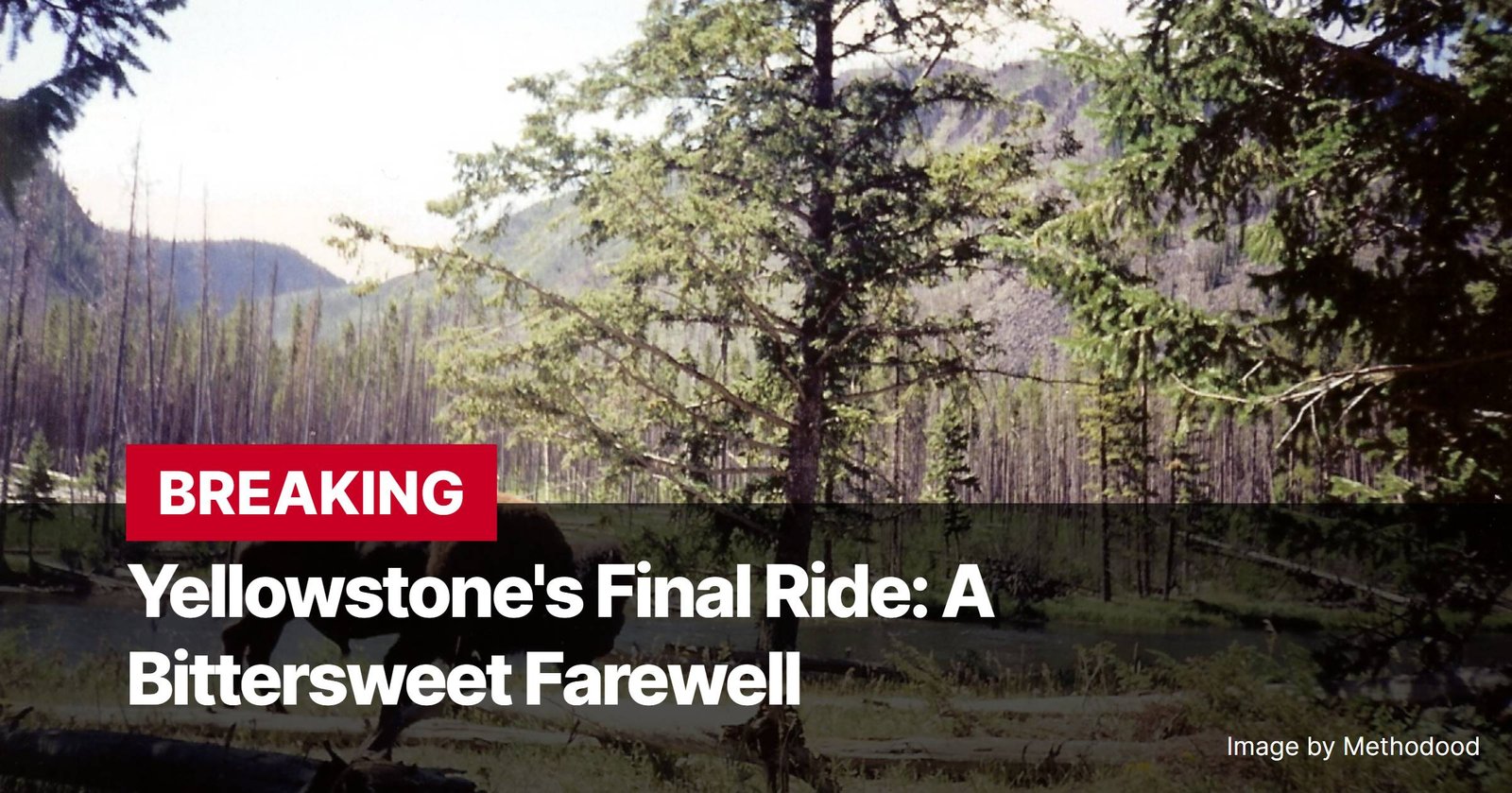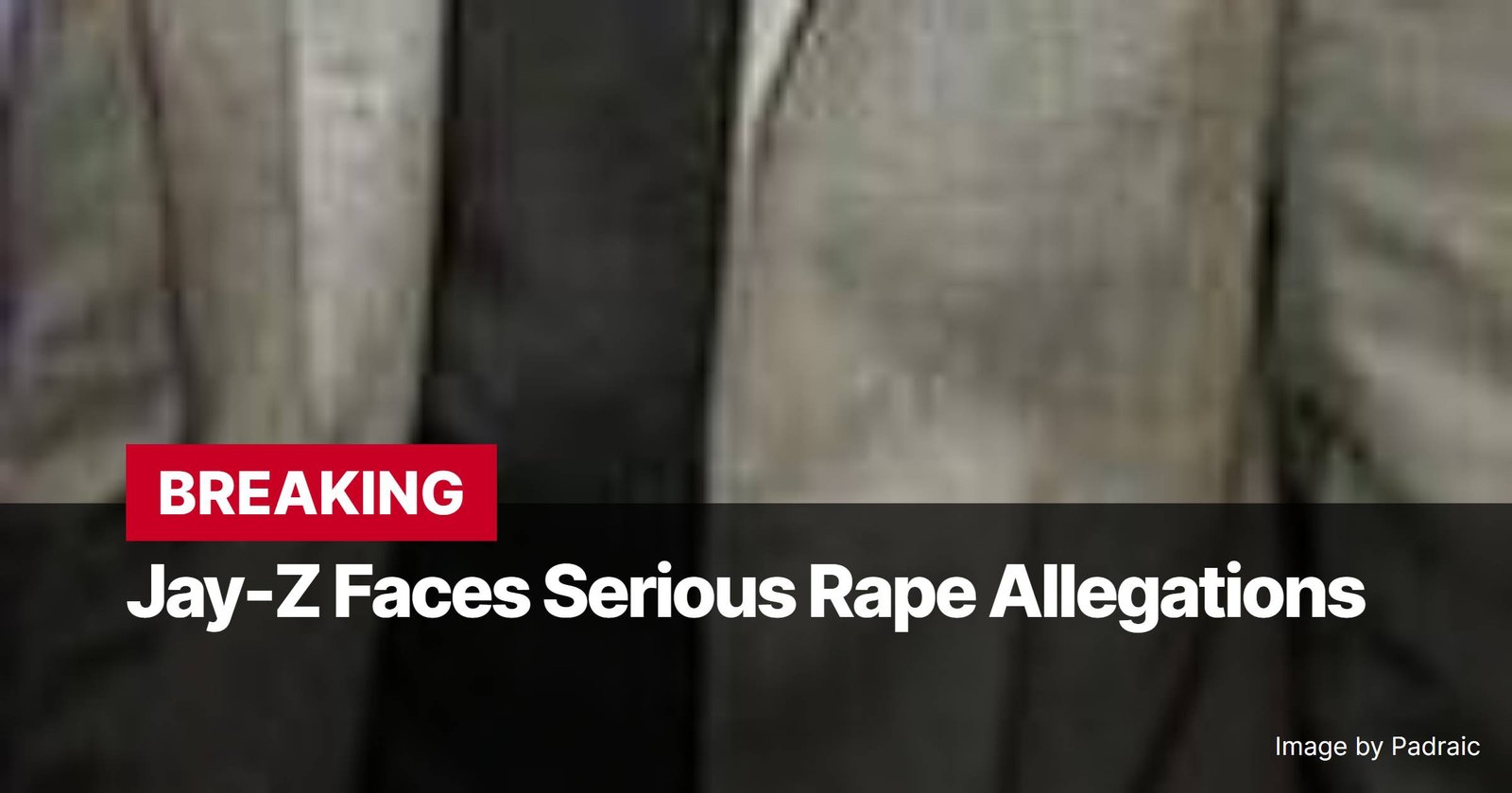In the blurry, early days of the 2020 lockdowns, when the world felt both terrifyingly vast and claustrophobically small, a new kind of horror film emerged. Shot entirely on Zoom, “Host” captured the anxieties of a world suddenly confined to computer screens, transforming the familiar interface of video calls into a portal for the supernatural. While the pandemic’s immediacy has faded, the film’s resonance persists, tapping into deeper anxieties about technology, isolation, and the unseen forces that shape our lives.
Recent reports highlight the enduring appeal of “Host,” a film that resonated with audiences precisely because it mirrored their own experiences. The premise is simple: six friends, isolated by lockdown, attempt a virtual séance via Zoom. What begins as playful curiosity quickly descends into chilling terror as a malevolent entity is seemingly unleashed. The film’s brilliance lies in its simplicity. It uses the limitations of the found-footage format and the Zoom platform to its advantage, creating a sense of immediacy and claustrophobia that traditional horror films often struggle to achieve.
“Host” cleverly exploits the vulnerability inherent in our digital lives. The flickering screens, the audio glitches, the sudden disconnections – all familiar aspects of video conferencing – become ominous signs of a lurking presence. The film preys on our innate fear of the unknown, amplified by the limitations of our technological lens. We see only what the camera shows us, and the darkness beyond the screen becomes a breeding ground for our anxieties.
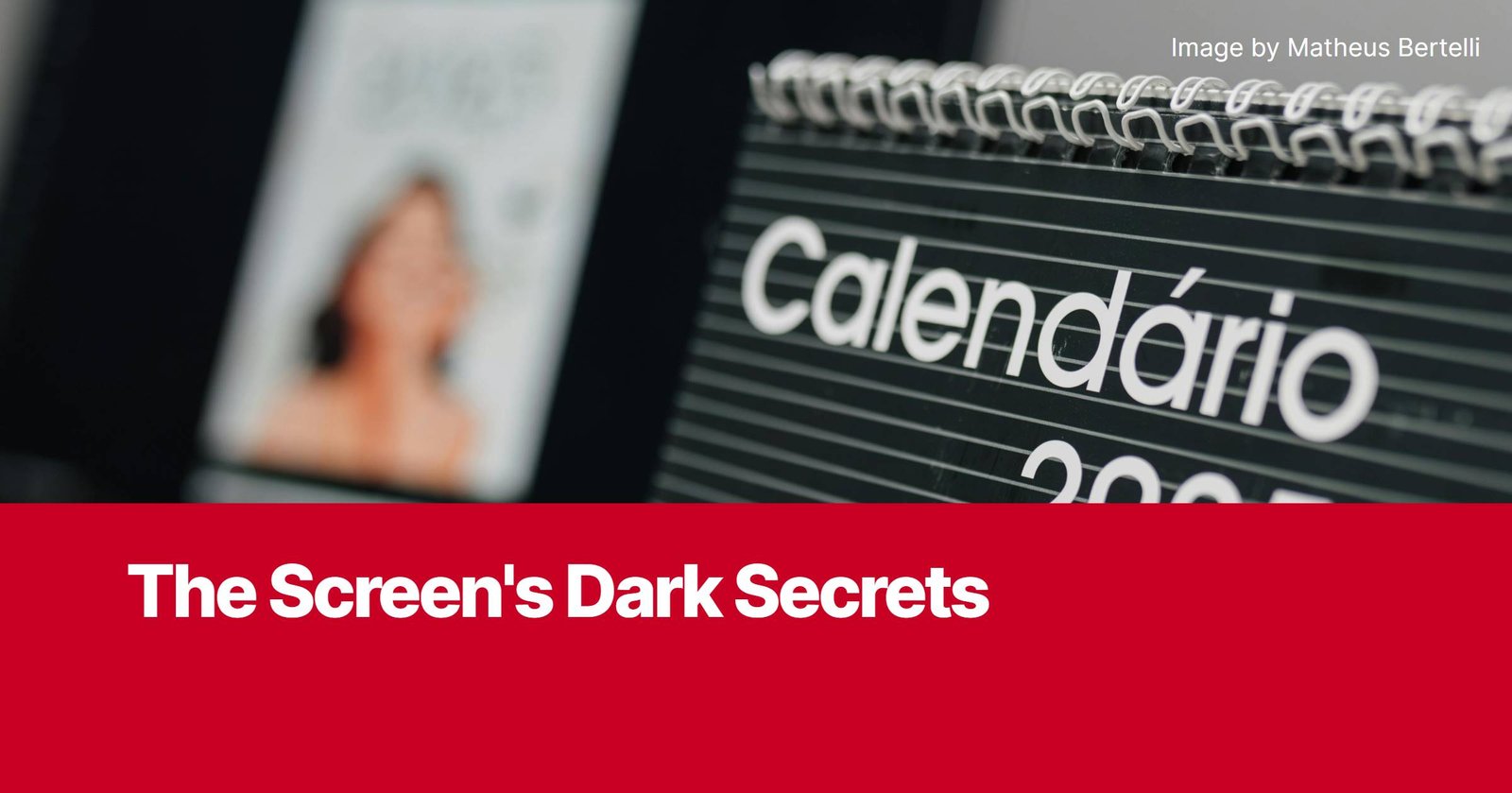
Beyond its technical ingenuity, “Host” taps into broader societal anxieties. The pandemic forced us to confront our dependence on technology, exposing both its benefits and its drawbacks. While Zoom and other platforms allowed us to maintain connections, they also highlighted the limitations of virtual interaction. The film subtly underscores the isolating nature of technology, the way it can create a sense of detachment even as it ostensibly connects us. The characters in “Host,” despite being “together” on screen, are ultimately alone, vulnerable to a force they cannot comprehend.
Furthermore, the film’s enduring popularity suggests a deeper fascination with the supernatural, particularly in times of uncertainty. When the world feels chaotic and unpredictable, the desire to understand the forces beyond our control intensifies. “Host” provides a cathartic outlet for these anxieties, allowing us to explore our fears in a safe, fictional setting. The film’s success also speaks to the power of collective experience. The shared trauma of the pandemic created a fertile ground for horror, allowing audiences to process their anxieties through shared stories of fear and resilience.
While some reviewers found the film’s plot predictable and its scares conventional, the overall reception has been overwhelmingly positive. Critics praise its clever use of the Zoom format, its effective pacing, and its ability to generate genuine scares. The film’s short runtime (just under an hour) is also cited as a strength, contributing to its tight, suspenseful atmosphere. The film is a modern take on classic horror themes, using the familiar trappings of technology to explore timeless anxieties about the unknown.
In conclusion, “Host” remains relevant not just as a pandemic-era time capsule but as a potent exploration of our anxieties surrounding technology, isolation, and the unseen world. While the specifics of lockdown may be behind us, the deeper anxieties it exposed continue to resonate. The film serves as a chilling reminder that even in our hyper-connected world, we are still vulnerable to the forces that lurk just beyond the screen, in the shadows of our own homes, and in the depths of the unknown.







